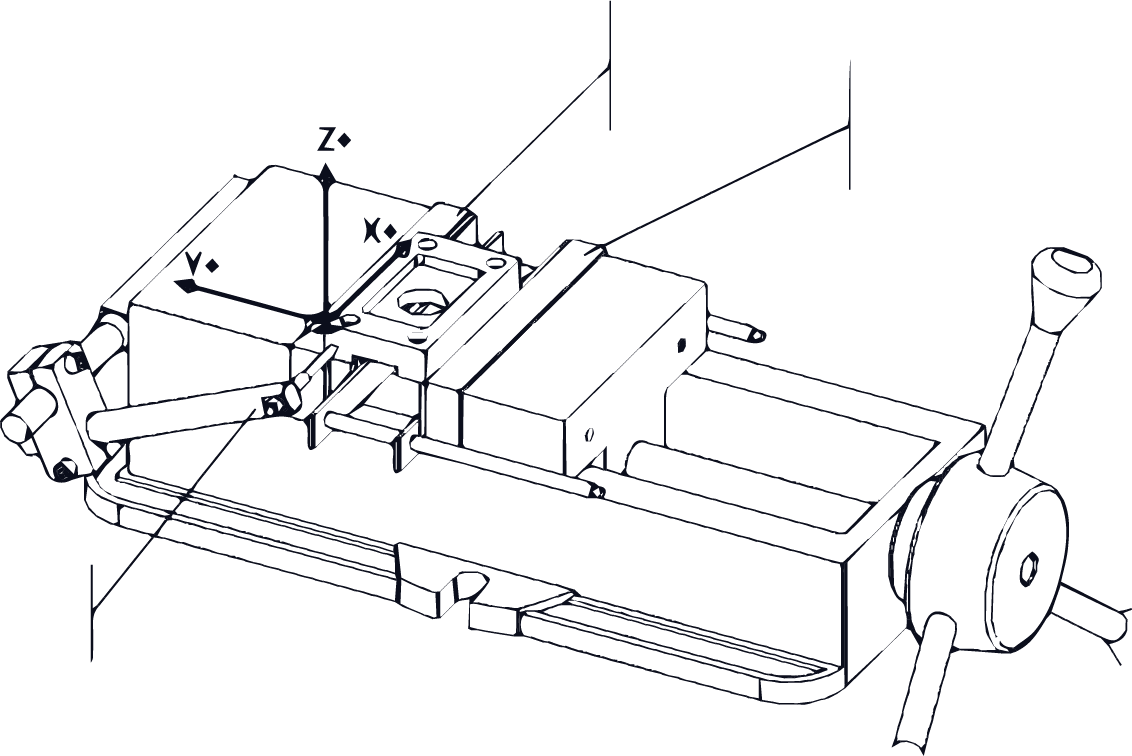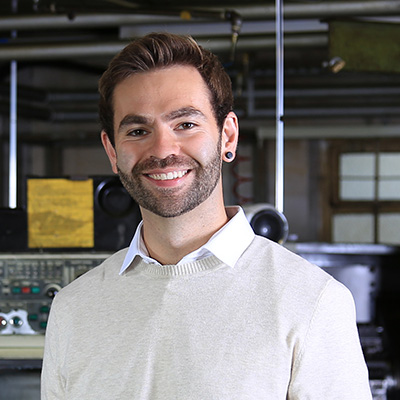CNC Milling
If you are in need of bespoke CNC Milling products, EGL Vaughan can help.
| Fast turnaround | UK Manufactured |
|---|
| High Quality | Cost-Effective |

A Trusted Precision Engineering Supplier to Some of the UK’s Leading Companies



A UK-Based CNC Milling Service
EGL Vaughan provides a state-of-the-art CNC Milling service to clients the length and breadth of the UK. With over 40 years of experience, we have garnered a strong reputation for not only the extremely high standard of our work, but also the quality of our customer service. It is this holistic approach that sees clients coming back to us time and again.
Over the years, we have honed and perfected our skills to become one of the leading manufacturers in the industry. Our experienced machinists and engineers are highly-trained and capable of producing precision engineered components that are capable of conforming to even the most demanding of requirements – first time, every time.
Common Uses
- Aerospace & Aircrafts
- Telecommunications
- Security & Technology
- Electronics
- Transportation
- Automotives
Recieve a Custom Quote
Need a precision engineered component? Click below to receive a rapid quote from our team.
Or Call: 0161 511 5311
What is CNC Milling?
CNC Milling (or Computer Numerical Controlling Milling to give it its full title) is a process that uses computer controls and rotating cutting tools to produce a bespoke precision engineered part or item. It is more commonly associated with materials like metal, plastic and wood.
The process involves using these computerised controls to operate machining tools that shape and cut material according to precise specifications to create bespoke precision engineered products. It is an extremely popular method due to the detailed size and shapes it can create.
The machine receives its instructions from a design inputted via a CAD program. It is then set up with the right tools and the material is secured in place. Finally, the tools spin at thousands of RPM and move along with the workpiece to access different parts of the design.
CNC Milling Setup and Functionality
A CNC Milling service starts off with digital instructions that outline exactly how a component should be created. These designs can either be 2D or 3D and are provided to the manufacturer by the client. Should these digital instructions not be readily available, they can be created by the manufacturer using a process known as reverse engineering and kept to be used on future projects.
The next step is to convert the designs into a machine-readable format, before inputting them into a computer aided design (CAD) program. CAM (also known as computer aided manufacturing) software is then used to export the information to a CNC machine program. Once this has been done, the program will use the instructions to direct each and every move made by the machine in order to replicate the design according to the exact specifications.
Before the CNC Milling project can take place, the machine must be set up with the correct tools for the job. The raw material that will be used to create the component (more commonly known as the ‘workpiece’) is secured to the work table either by using a vice or custom jigs and fixtures. This process is necessary to prevent the workpiece from moving about while the machine is in motion.
Once all the necessary precautions have been carried out, the machine operator will launch the program using the machine interface and the manufacturing process can begin. There are several different types of CNC Milling services available, which can be called upon to carry out a myriad of different projects. These can usually be split into four main categories, which are Plain Milling, Face Milling, Angular Milling and Form Milling.
How Does CNC Milling Work?
CNC Milling is a particular type of CNC Machining, and is a process that is quite similar to drilling or cutting. Unlike traditional processes such as drilling, a CNC Milling cutter is able to move across multiple axes and create a wide range of slots, holes, shapes and other necessary impressions. The workpiece can also be moved along the CNC Milling tool in specific directions.
A CNC Mill is usually grouped by the number of axes on which it can operate, with each one labelled with a specific letter. For example, the X and Y axes represent the horizontal movement of the workpiece, while the Z axis designates vertical movement. The W axis, meanwhile, denotes the diagonal movement across the vertical plane. The majority of CNC Milling machines offer between three and five axes.
CNC Milling machines are incredibly efficient when it comes to prototyping, the short-run production of complex parts and the fabrication of precision components. They are more commonly used to create items out of metal and can cut the workpiece with a thousandth of an inch precision. On top of that, the technique can also be used to create numerous items – including cabinets, instruments, sculptures and woodworking.
Advantages of a CNC Milling Service
There are many different advantages that a CNC Milling service has when compared with more manual operations – the majority concerning cost-efficiency. For example, the raw materials used to manufacture the components can be extremely expensive, so any errors can prove very costly. This is especially the case when an item is being made en masse.
By using CNC Milling machines, engineers can map out the cuts that will be used to create the components ahead of time, enabling them to find the precise orientation which will remove the least amount of raw material – thereby reducing unnecessary waste.
Another advantage of CNC Milling is that it vastly reduces the risk of human error. Although engineers continue to be incredibly skilled workers, they are not totally infallible. The use of machines completely nullifies the risk of error. Since all of the cuts are pre-programmed before the process even begins, any potential pitfalls can be identified and fixed – saving a great deal of time and money further down the production line.
Recieve a Custom Quote
Need a precision engineered component? Click below to receive a rapid quote from our team.
Or Call: 01457 866 614

